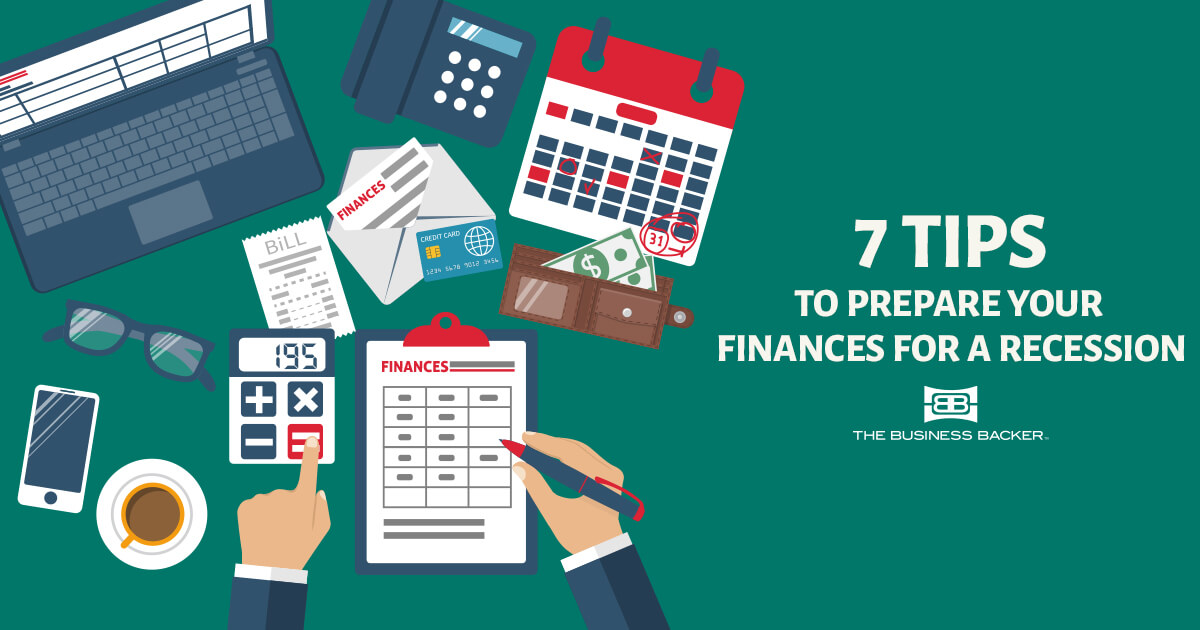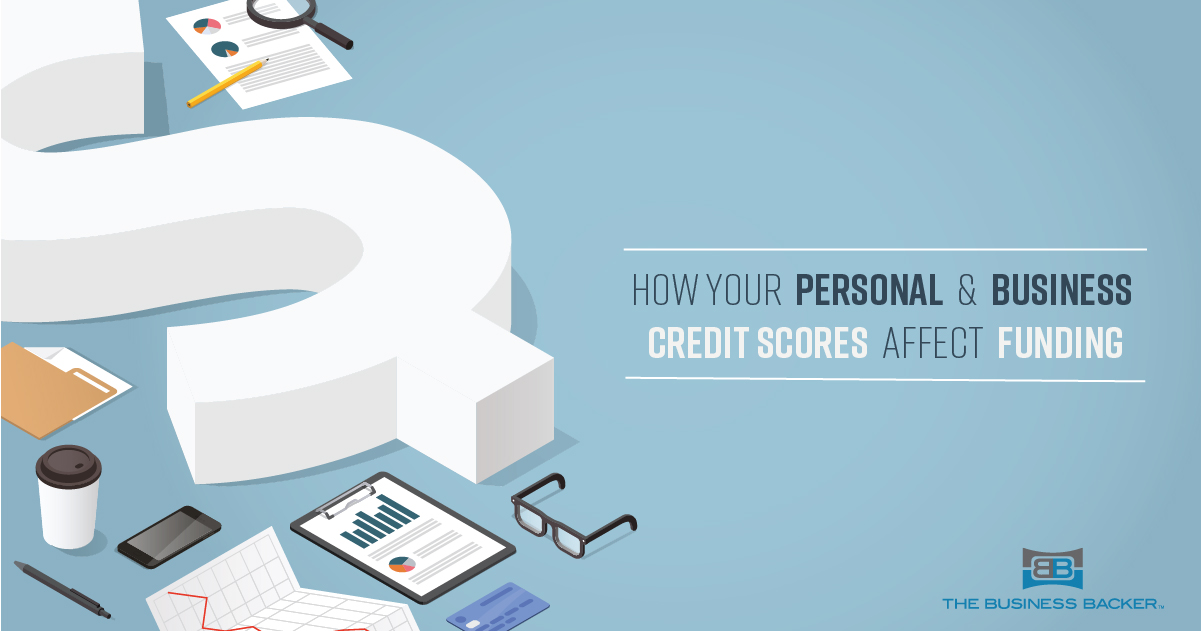Are Your Finances Recession-Ready?
During turbulent financial times, people should hope for the best and prepare for the worst. So while we can (and should!) remain optimistic that our current economic downturn will reverse itself quickly, it’s also wise to make sure your finances are ready for a recession. As a small business owner, you know your personal and business finances are tied together. Take these tips to recession-proof all your finances to the best of your ability.
1. Look for New Revenue Streams
Where there are challenges, there are opportunities. With that in mind — what kind of revenue streams can you create that didn’t exist or weren’t as lucrative before? Financial hardships are a great test for any business owner. Once you find new opportunities, let them be known to your customers and pursue them with your best effort.
2. Actively Contribute to Your Emergency Fund
Now is the time to grow your emergency fund as much as possible. Strive to have 3 – 6 months’ worth of expenses set aside. While income is something you may have today, business owners know as well as anyone that it’s nothing to take for granted. Building up your emergency fund will give you the security blanket necessary to weather challenging times.
3. Don’t Be Afraid to Invest (If You Can)
It may be scary to invest in a bear economy, but staying invested as the market goes down is something many financial advisors would suggest. Don’t let short-term concerns obscure your vision of the market eventually recovering. The low prices of stock now can be seen as opportunities to make money once the economy rebounds.
4. Monitor Your Credit Score
Don’t let short-term hardships turn into long-term obstacles. Prioritize things like your mortgage or rent, your utility bills and your debt payments so that you protect your credit. Also, during times of widespread economic hardship, leniency for missed or late payments may be available to you. Be sure to communicate with businesses to which you owe money to see if you are eligible for payment relief if needed.
5. Look Into a Balance Transfer Credit Card
If you have credit card debt currently accruing interest, it is likely worthwhile to look into a balance transfer credit card. Balance transfer credit cards can help you avoid paying interest for an extended period of time — typically anywhere from 6 – 21 months. This then allows the card holder to put more money into their emergency fund rather than focus primarily on outstanding debts.
6. Manage Your Budget
Staying on top of your budget is one of the most practical ways to take control during periods of economic uncertainty. Generally, you should aim to have 50% of your take-home pay go toward needs, 30% toward wants and 20% toward debt payments and savings. In preparing for a recession, you should cut back in the “wants” category and increase money allocated toward savings.
7. Take Care of Yourself
Finally — and while this isn’t necessarily a finance tip — do what you can to stay calm and maintain peace of mind. While that may be easier said than done, there are actions you can take to help it happen. Get physical exercise whenever and however you can. Don’t eat food to cope with stress. Talk with family members, friends or a licensed therapist about your feelings. Taking care of yourself empowers you to take care of your finances to the best of your ability.





